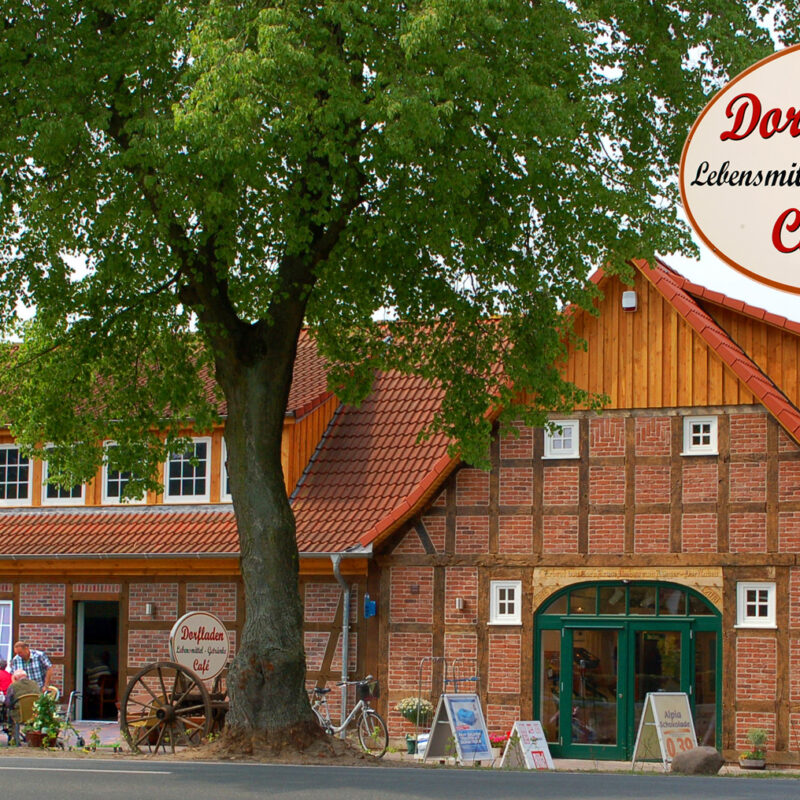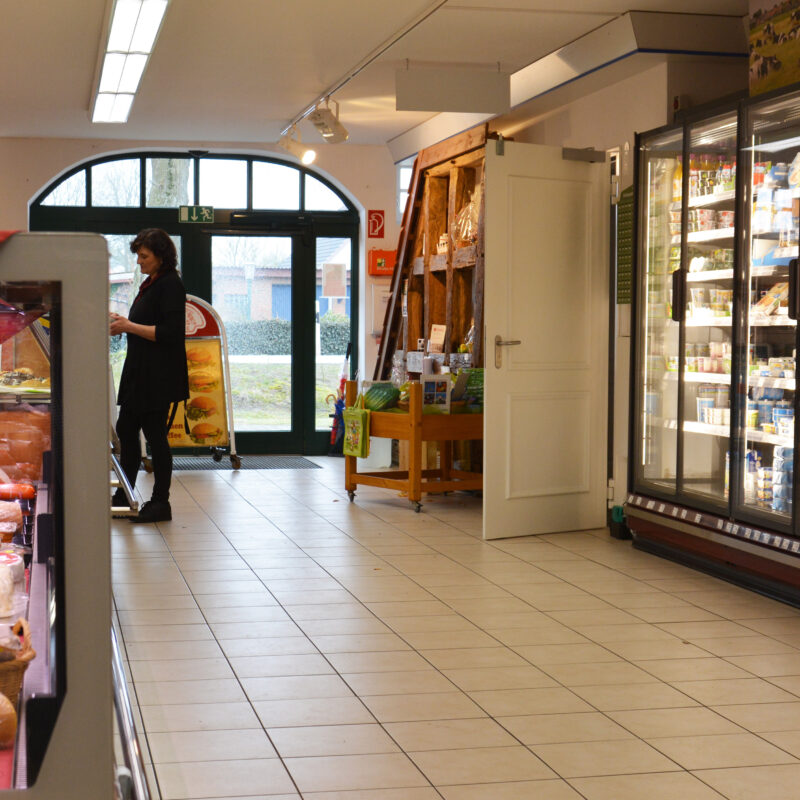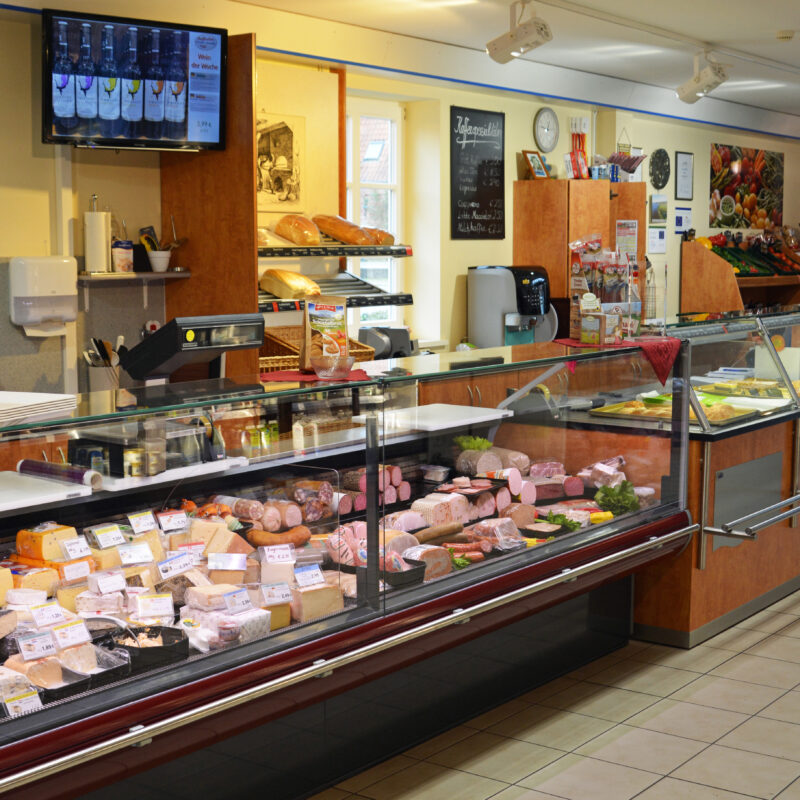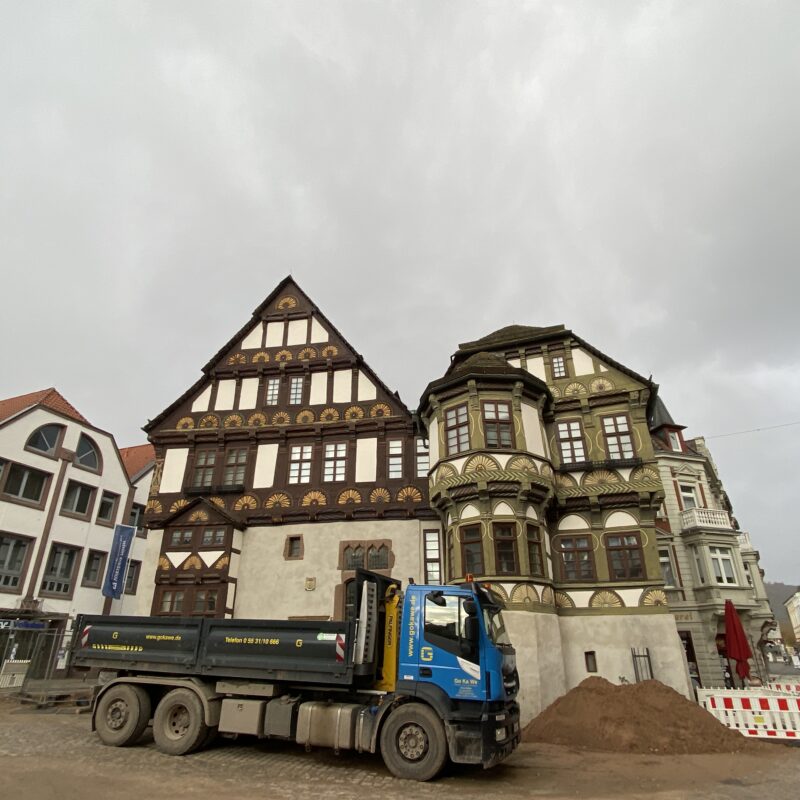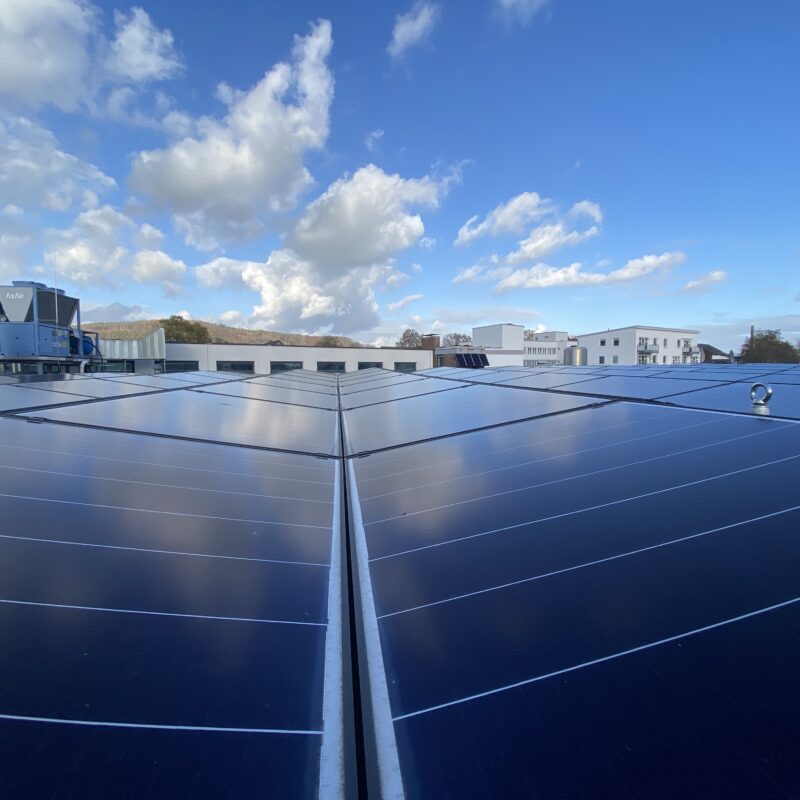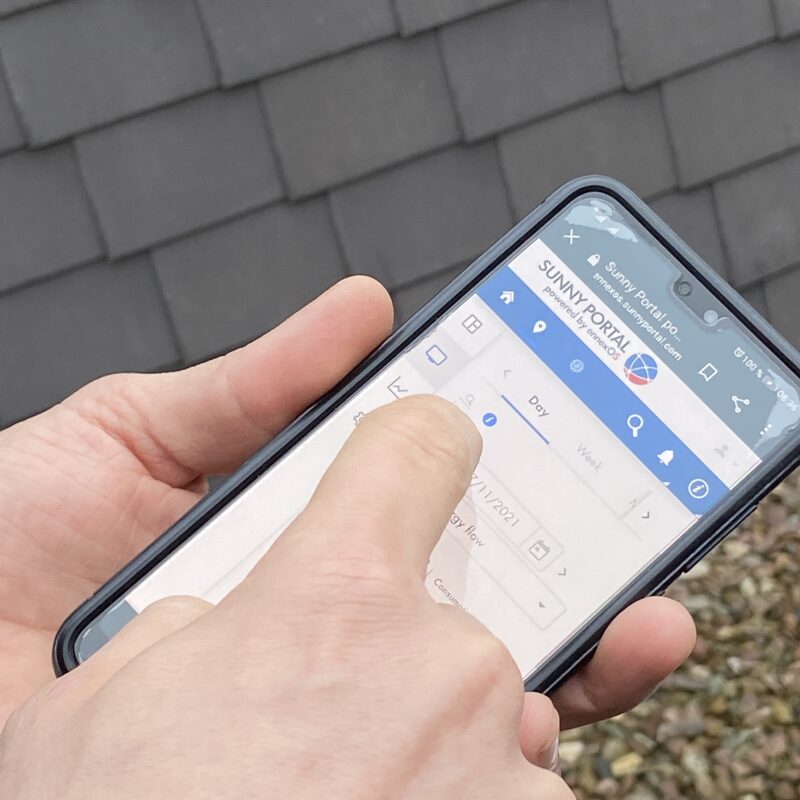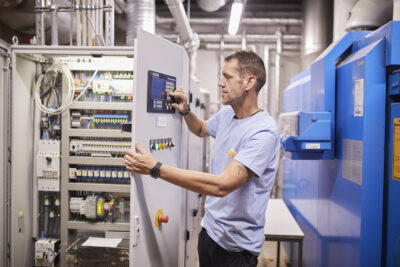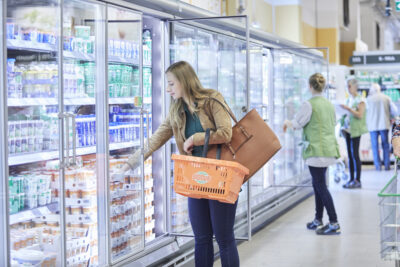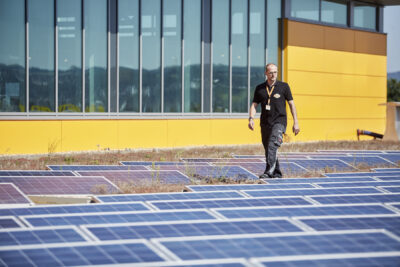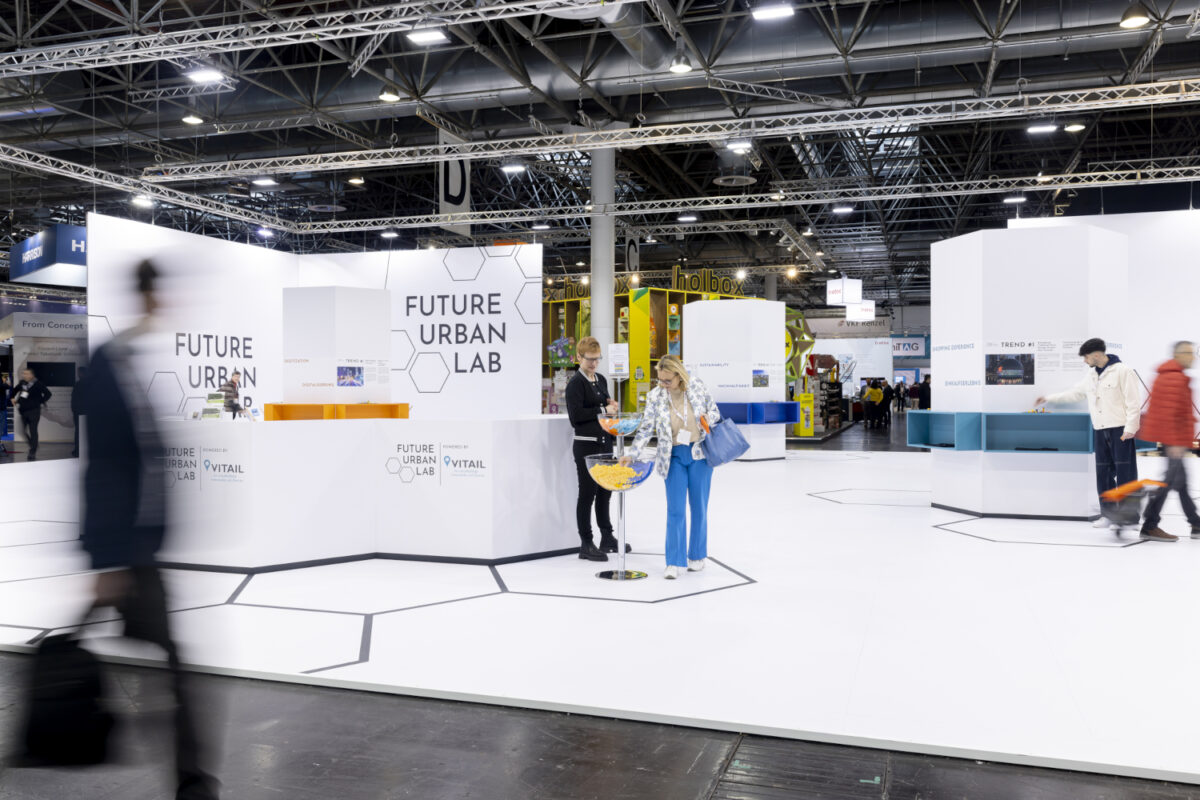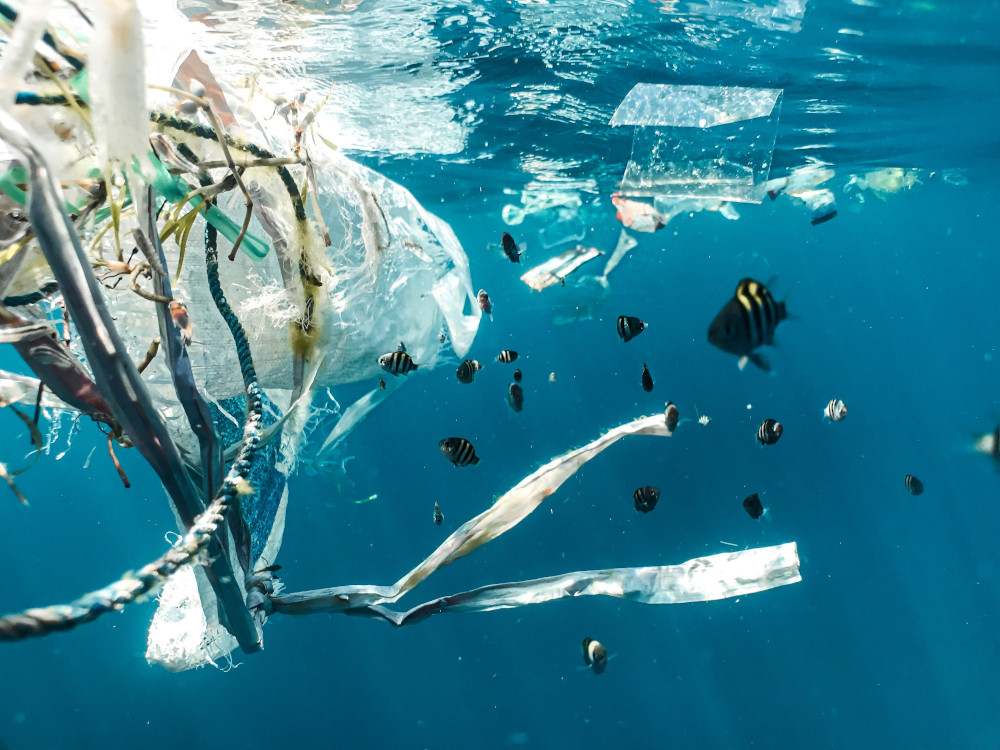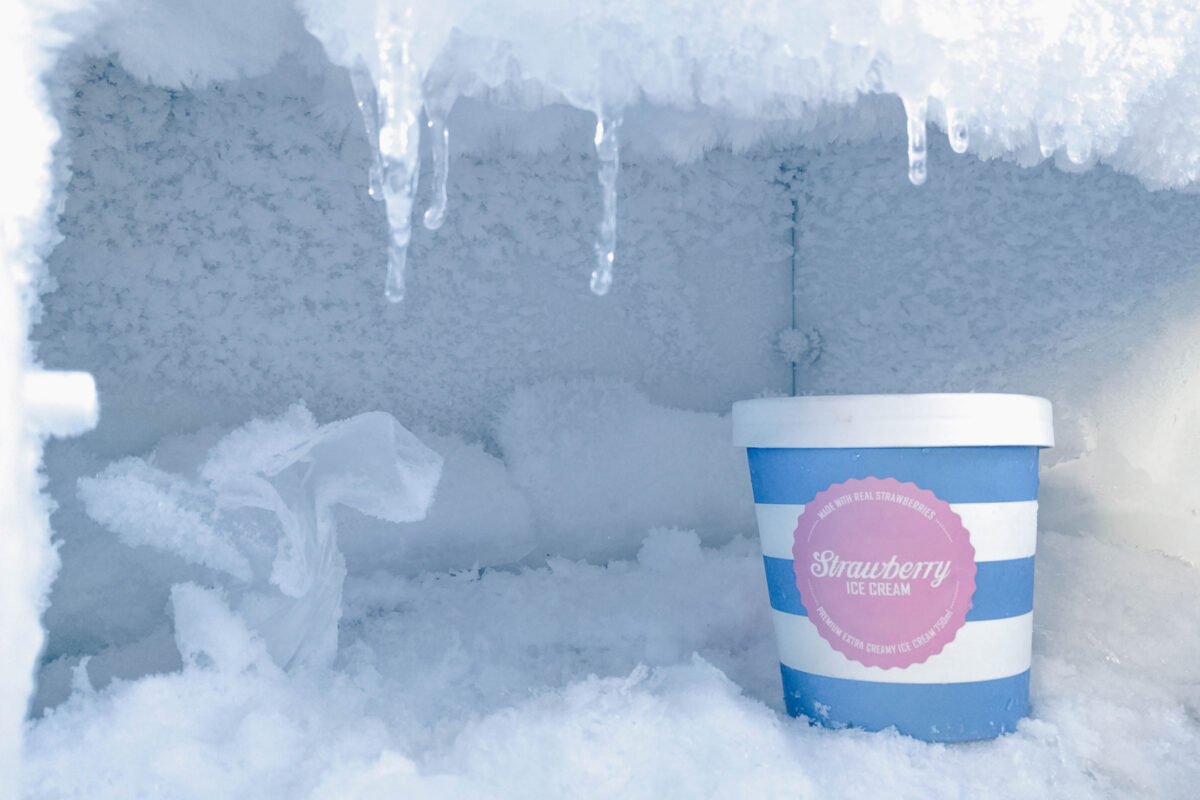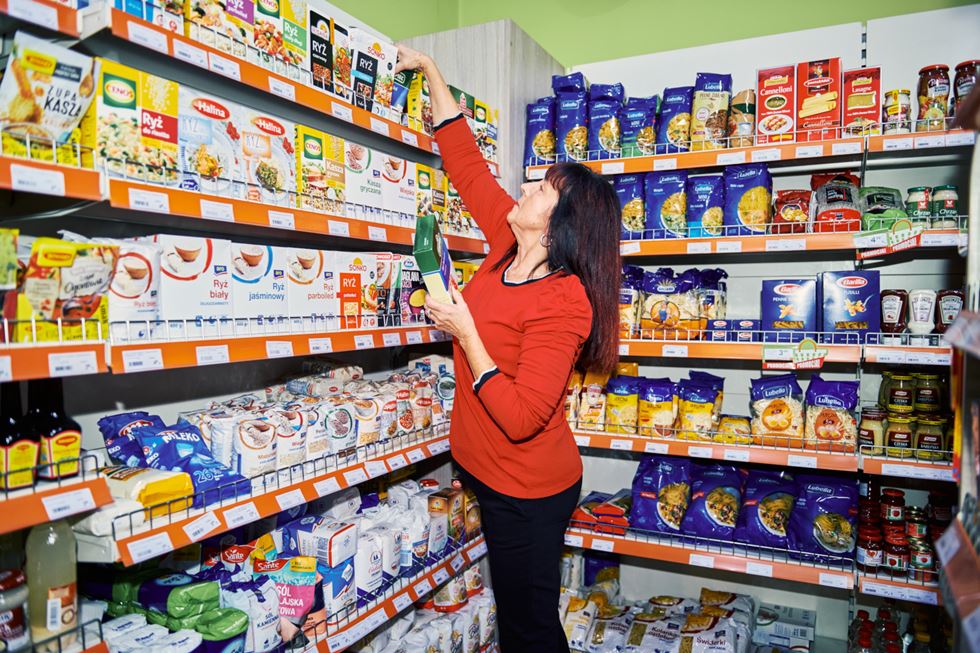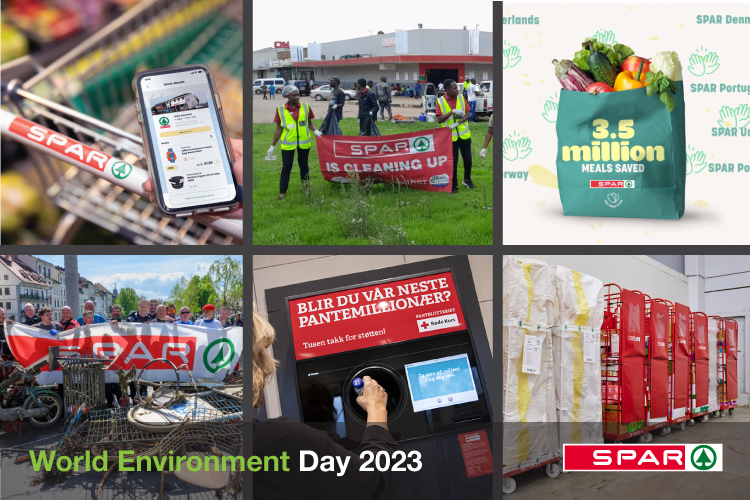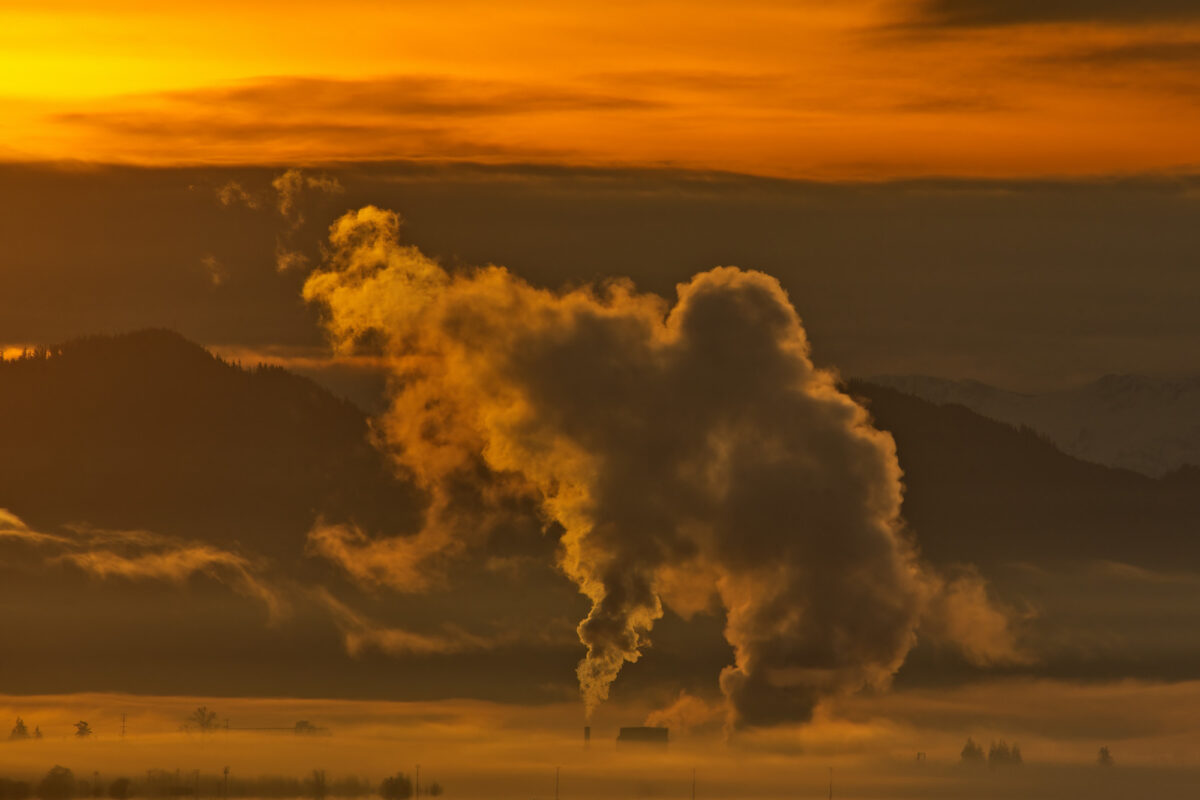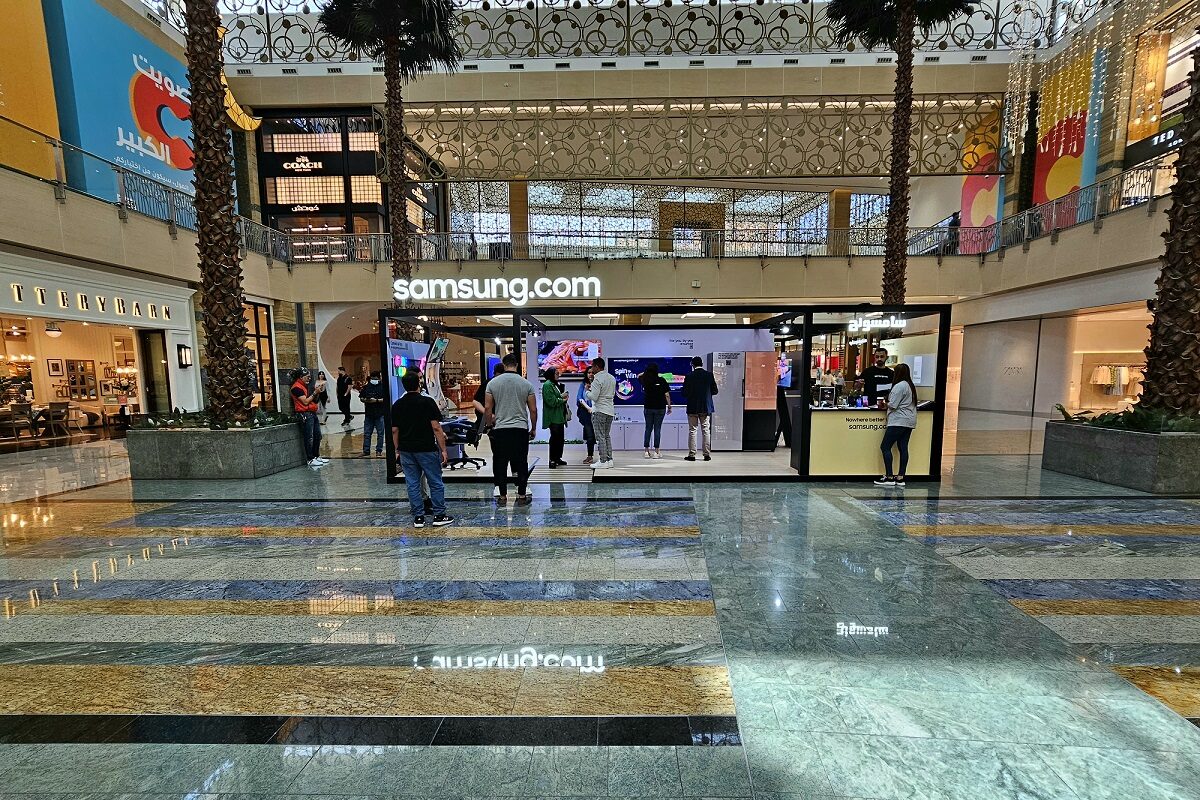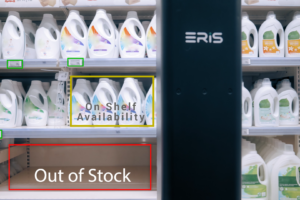How can the retail industry reduce CO2 emissions?
By Silke Meny (exclusively for EuroShop.mag)
The retail sector in Germany takes climate action and energy efficiency seriously. The German Retail Federation (Handelsverband Deutschland – HDE) has launched a corresponding Climate Action Campaign to offer support. According to a recent study of this campaign on energy requirements and CO2 emissions in the retail sector, almost every German retailer has implemented at least one respective measure in the past five years.
“The German retail industry is a pioneer when it comes to climate protection. Over the past five years, 93 percent of the companies surveyed have implemented energy efficiency measures in lighting and refrigeration technology, for example,” says Stefan Genth, HDE Managing Director. “Thanks to these targeted efforts, the retail sector in Germany reduced carbon emissions and achieved sustainable energy efficiency increases.” The retail sector has managed to reduce its carbon dioxide emissions since 1990.
In 2021, the retail sector had an energy consumption of 33.3 terawatt hours. This amount corresponds to roughly 10.5 megatons or 10,500,000 (10.5 million) tons of carbon dioxide, equaling the CO2 emissions of 1.2 million average German households in the same year. “A closer look at the breakdown of energy sources in the food and non-food retail sector shows that natural gas makes up the lion’s share, at almost 50 percent. It is primarily used for space and process heating, to heat bakery ovens, for example. Electricity accounts for 38 percent of total energy consumption in retail. Most of the electricity is needed for lighting, air conditioning, ICT operations, and for water heating,” says Professor Clemens Rohde, Coordinator of Business Unit Energy Efficiency at the Competence Center Energy Technologies and Energy Systems at Fraunhofer Institute for Systems and Innovation Research ISI, which conducted the study.
What are ways to achieve carbon dioxide savings?
For half of the retail companies surveyed, the key to saving energy – especially during the ongoing crisis – and reducing emissions lies in the expansion of photovoltaic capacities. That means you ideally generate electricity via your own solar energy system. HDE points to an urgent need for action when it comes to the expansion of photovoltaics installations. According to the Federation’s assessment, the legislature must offer incentives to encourage and support the largest number possible of system installations. “That’s why politicians are asked to differentiate net metering and solar buyback programs, for example. Add to it that the commitment of many retailers to climate protection and sustainability is up against unnecessary bureaucratic hurdles when it comes to practical application,” Genth explains. “Rather than complex regulations for planning, commissioning, and operation of solar systems, we must now create lean, practice-oriented processes to kick solar capacity into overdrive,” urges Genth.
Energy management is a highly topical and important issue for companies. That’s also true for EuroShop 2023, where you will find the latest products and technological solutions in the Dimension Refrigeration & Energy Management. It is worth a visit!
Setting a good example
The small town of Otersen in Germany’s Lower Saxony has a population of 500 and already managed to kick solar power into high gear with its citizen-run village store. In 2011, its 160 operators installed a solar PV system on the store’s roof. Since then, the system has produced around 90,000 kilowatt hours of solar power. Nearly 99 percent of the self-generated energy is used for food refrigeration. And speaking of refrigeration: The village store recently even took things up a notch. During a three-day renovation, the old, refrigerated cabinets were replaced by a new, refrigerated service counter and new refrigerated and freezer displays that are connected to a modern CO2 composite refrigeration system, decreasing power consumption instantly by 30 percent. The store also switched to LED lights and reduced its annual energy costs by 4,300 euros, subsequently saving 11.5 tons of CO2 emissions.
These efforts pay off. As do the many energy efficiency measures taken by the sporting goods store Klingemann in Höxter, North Rhine-Westphalia. CEO Jens Klingemann managed to reduce the energy
consumption of the 7,000 square meter store from 1,000,000 kilowatt hours to 200,000 kilowatt hours thanks to 4,500 energy-saving LED lamps, a 2,500 square meter solar photovoltaic system, modern HVAC system and night cooling.
These measures likewise paid off. Globus features 47 hypermarkets that use photovoltaics plus heat recovery, combined heat and power, LEDs, and closed refrigeration/freezer units to make a positive difference. This saves 13,000 tons of CO2 emissions per year. Since 2014, Globus has decreased its energy needs by a total of 13 percent.
So, what happens next? After all, the willingness of small retailers to invest in energy efficiency projects is stifled at the moment due to a skilled labor shortage and a lack of custom assistance programs. But here’s a valuable tip: As part of its Climate Action Campaign, HDE has developed a funding database where retail companies can find available funding programs.
The Retail Climate Action Campaign” (“Klimaschutzoffensive des Handels“)
The Retail Climate Action Campaign is aimed at small and medium-sized retailers and provides practical information on energy-saving options and climate protection measures. The HDE awareness campaign supports companies in implementing efficiency and climate protection measures and thus contributes to a long-term reduction in energy costs and CO2 emissions. Based on real-life practical retail examples, a full range of retail-specific information on the website, virtual and face-to-face events and an accompanying communications campaign, the Action Campaign wants to show how the retail sector can be successful in climate protection. Since 2017, The Climate Action Campaign has been funded by the National Climate Protection Initiative (NKI) of the Federal Ministry for Economic Affairs and Climate Action.




